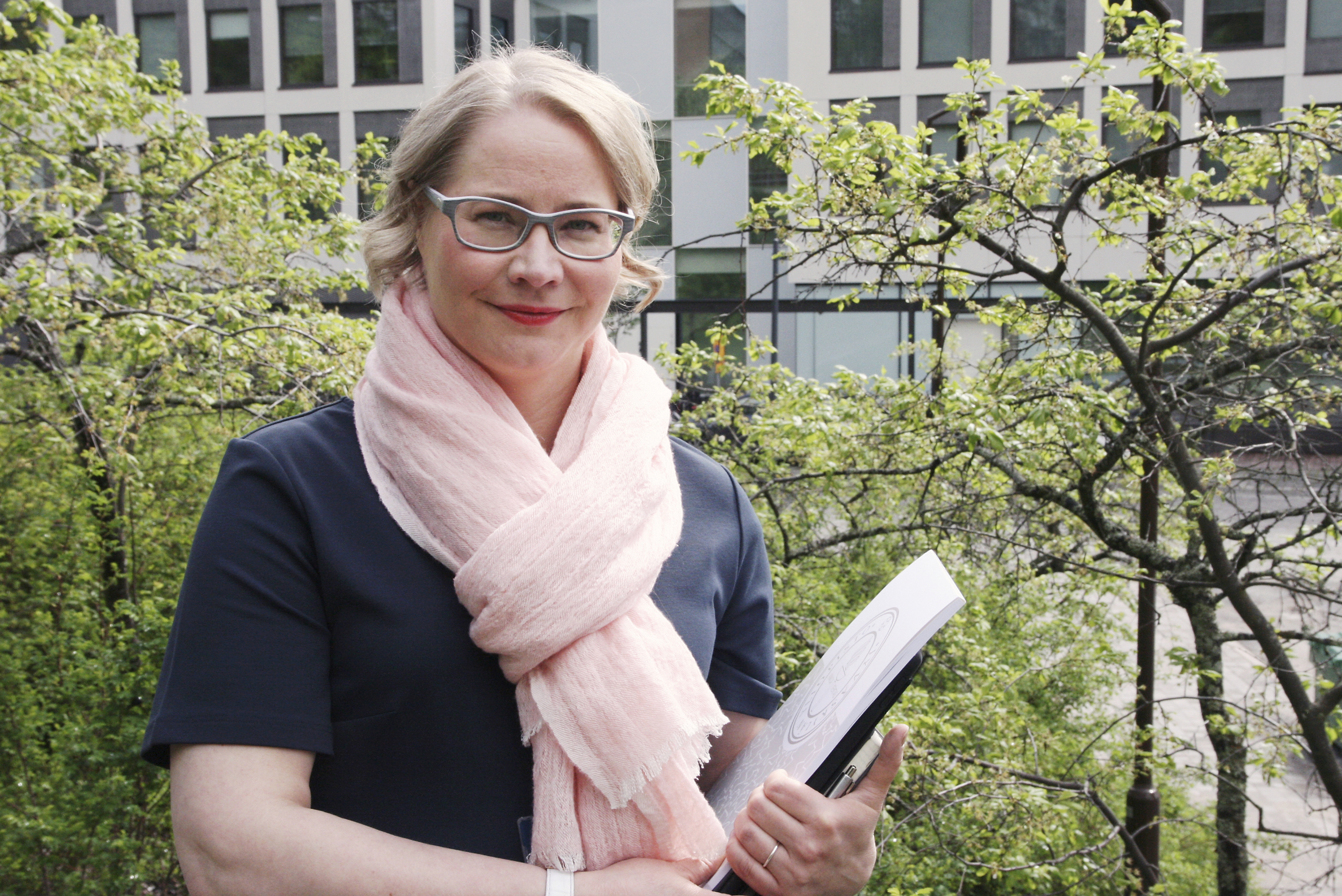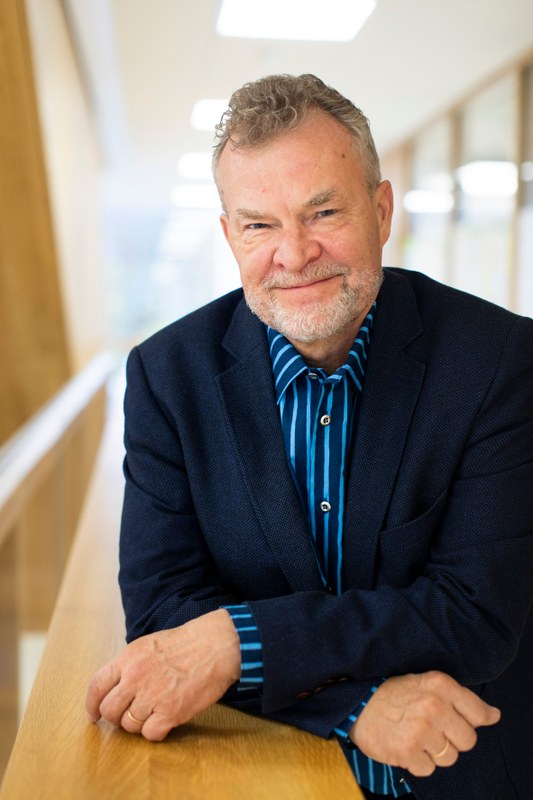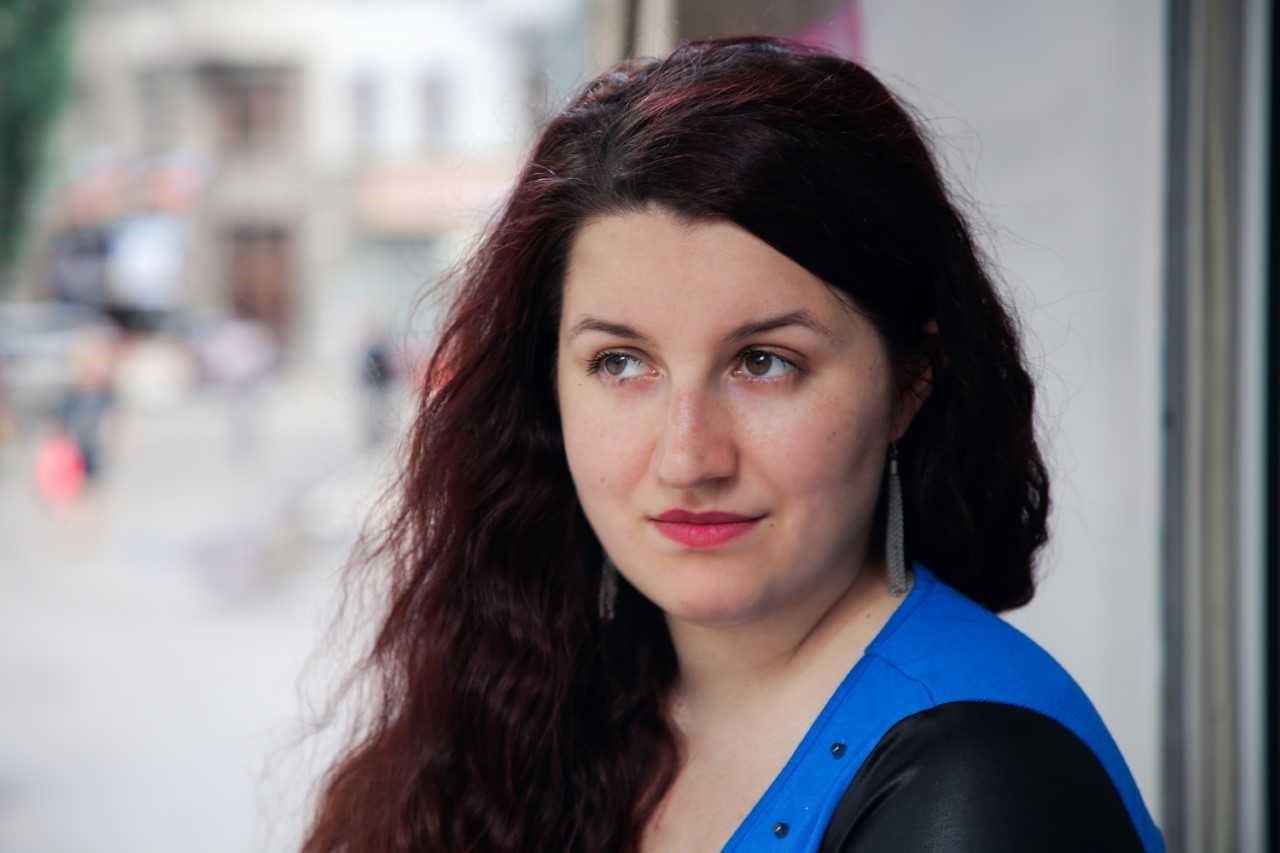The contributions of higher education 4: Contributions to national culture, and regional leadership
- Terhi Nokkala, University of Jyvaskyla, Finland
- Jussi Valimaa, University of Jyvaskyla, Finland
- Ksenia Romanenko, Higher School of Economics, Russia
- Aleksei Egorov, Higher School of Economics, Russia
- Sergey Malinovskiy, Higher School of Economics, Russia
- David Mills, University of Oxford
Event Materials
This event is now archived and we are pleased to provide the following event media and assets, along with the original event overview.
View Jussi Välimaa, Terhi Nokkala, and Ksenia Romanenko’s slides
View Aleksei Egorov and Sergey Malinovskiy’s slides
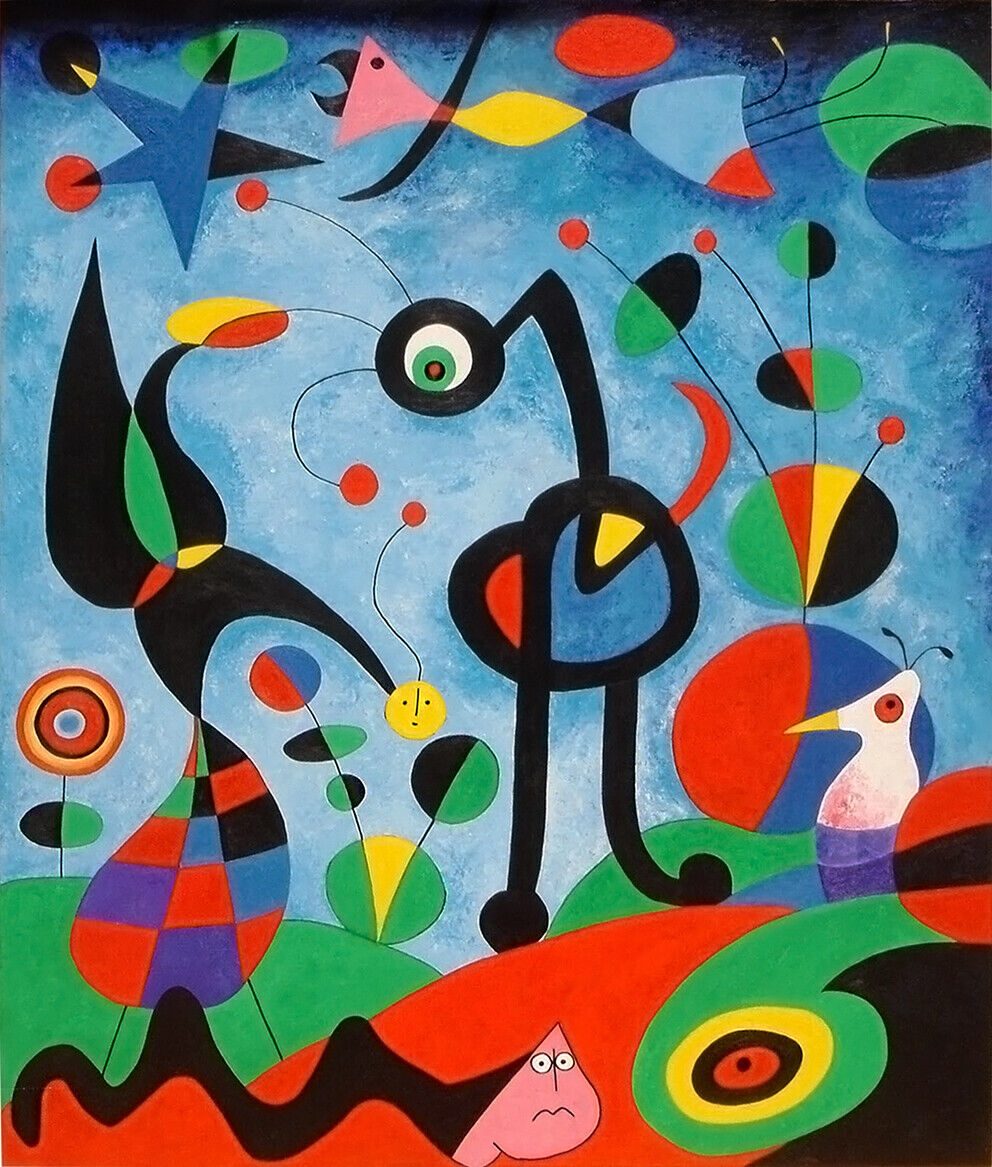
Chair: David Mills
In the final webinar in the CGHE series on the contributions of higher education, we discuss higher education’s contribution to national and world culture, and to the formation of elites in regional society in Russia.
In presenting higher education and culture, Terhi Nokkala, Jussi Valimaa and Ksenia Romanenko move from urban development to college movies and many places between. The size and range of the contributions of higher education to culture, a feature of higher education across the world, have yet to be fully understood. In beginning to map the cultural dimension, the chapter draws on both literature and empirical evidence, including an analysis of the web pages of 120 higher education institutions across the world, and a survey of cultural artefacts related to higher education. The chapter shows that higher education institutions extensively support cultural infrastructure such as libraries, museums and gardens, and provide cultural activities in universities and communities, and also help to shape political culture and at times, national identities. Higher education institutions also contribute to cultural industries including cinema, television and literature, and the university and its agents are increasingly prevalent in novels, television and film.
How does higher education contribute to the formation of leaders and the allocation of people to leadership positions in society? While national elite formation has been explored little attention has been given to regional leaders in Russia. Aleksei Egorov and Sergey Malinovskiy show that recent transformations in higher education, including massification and stratification of the sector, have implications for its role in relation to elite formation. The formation of regional political elites in Russia has been affected by these changes. Based on 3,737 individual biographies of members of the regional elite, the chapter examines their educational background including field of study and tier of institution, and traces changes in these patterns over time. While this analysis cannot explain the effects of higher education in the skills, knowledges and sensibilities of elites, it throws light on its role in social allocation and suggests its potential as a mode of legitimation.
About the CGHE webinar series on ‘Assessing the contributions of higher education’
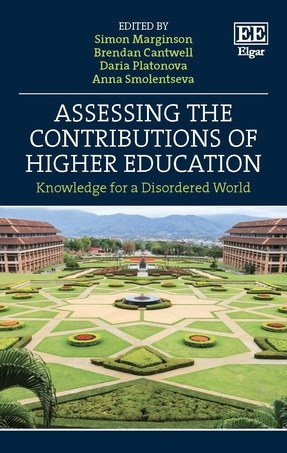
- Assessing the contributions of higher education (2023), published by Edward Elgar can be downloaded free at: https://www.elgaronline.com/edcollbook-oa/book/9781035307173/9781035307173.xml
In this CGHE webinar series the authors of the newly released Edward Elgar book Assessing the contributions of higher education (edited by Simon Marginson, Brendan Cantwell, Daria Platonova and Anna Smolentseva) present ideas from their chapters and engage the participant audience on the key topic of how we can better understand – and improve – the contributions that higher education makes to societies across the world.
Despite the broad engagement of higher education institutions in most social sectors, limited thinking and hyper-individualistic approaches have dominated in discussions of their value to society. Advocating a more rigorous and comprehensive approach, Assessing the contributions of higher education discusses the broad range of contributions made by higher education and the many issues entailed in theorising, observing, measuring and evaluating those contributions.
Prepared by a group of leading international scholars, the chapters of Assessing the contributions of higher education investigate the multiple interconnections between higher education and society and the vast range of social, economic, political and cultural functions carried out by universities, colleges and institutes and their personnel. The benefits of higher education including employable graduates, new knowledge via research and scholarship, climate science and global connections, and the structuring of economic and social opportunities for whole populations, as well as work and advice for government at all levels. Higher education not only lifts earnings and augments careers, it also immerses students in knowledge, helps to shape them as people, and fosters productivity, democracy, tolerance and international understanding. International and interdisciplinary in scope, the book highlights the value added by higher education for persons, organisations, communities, cities, nations, and the world. It also focuses on inequalities in the distribution of that value, and finds that the tools for assessing higher education are neither adequate nor complete as yet. All of these themes and issues will be presented in the CGHE webinar series.
The underlying collaborative research project took place in 2018-2021 and was part funded by the Higher School of Economics in Moscow, Russia, prior to the Russia/Ukraine war. The research also overlaps with the investigation in CGHE’s research project on ‘The public good role of higher education in ten countries: a comparative approach’.
You need to register individually for each webinar in the series. You can register for the other webinars in the series here.
Booking
You will need to register to join this webinar. Please register here

